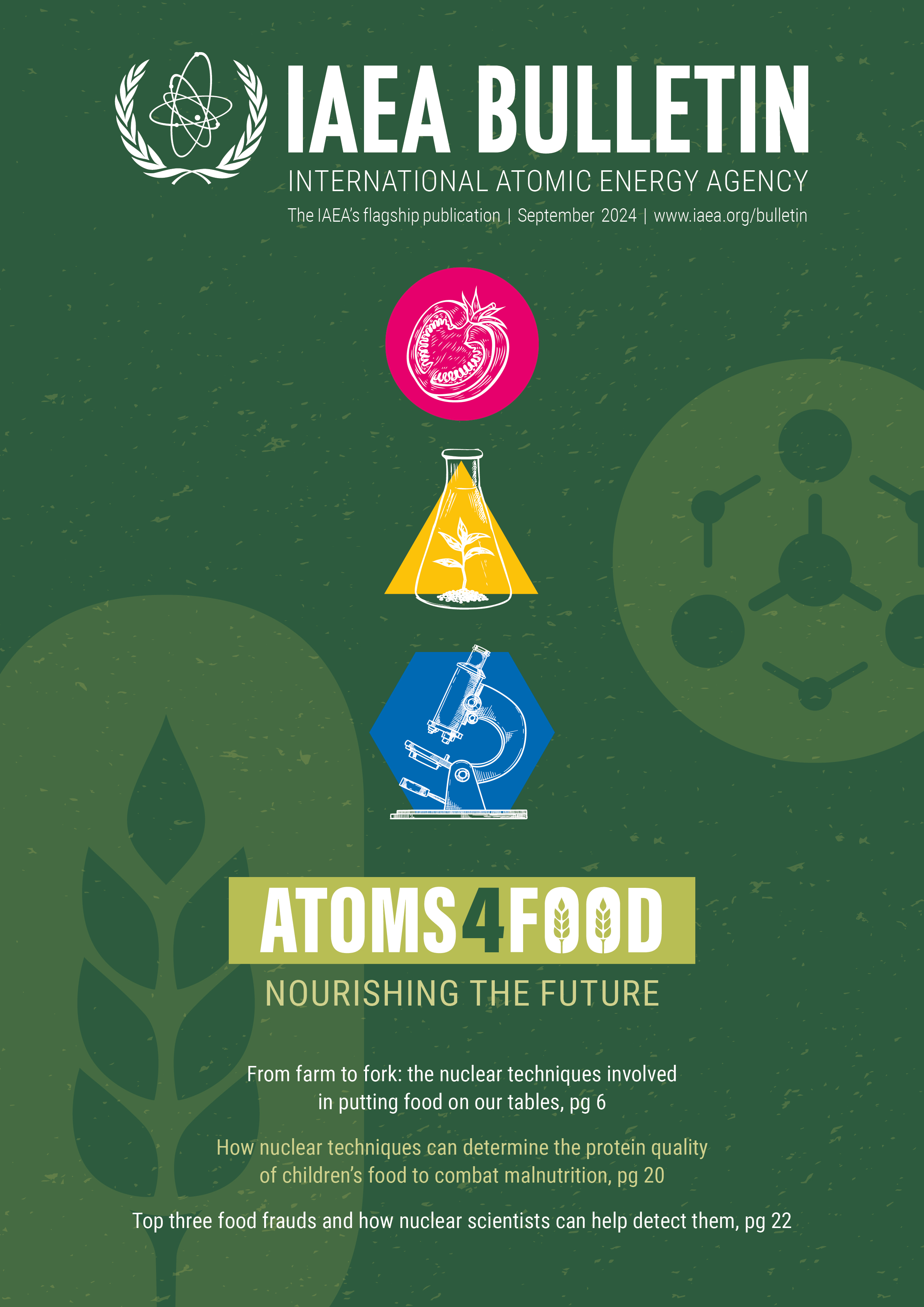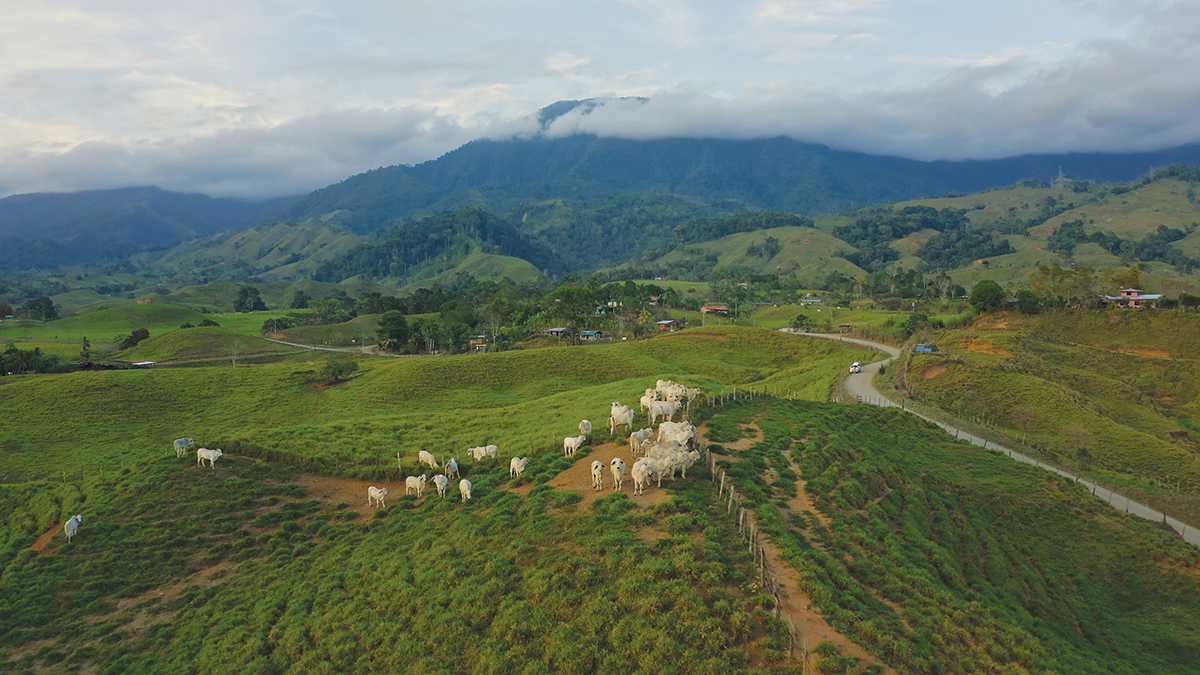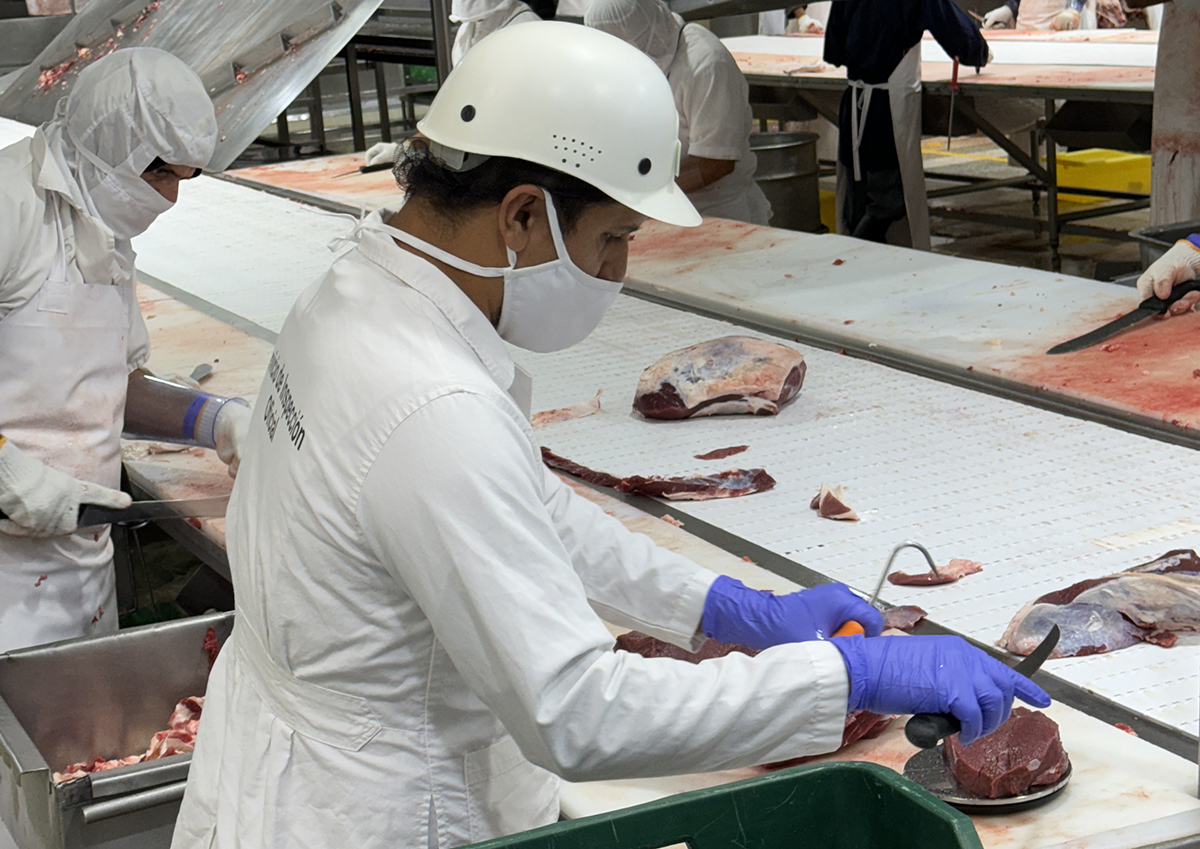(This article was originally published in the September 2024 IAEA Bulletin)
At Alberto José Salas Jiménez’s expansive farm in Orotina, in Costa Rica’s Alajuela region west of the capital San José, cattle are reared in the country’s lush natural landscape. Taking advantage of Costa Rica’s fertile volcanic soil and tropical climate, Salas Jiménez rears cattle destined for international markets.
The range of local produce exported to foreign markets has expanded in recent years, but as it travels from farm to fork, it must go on a journey to ensure its safety. This includes rigorous testing for contaminants in meat products to ensure that they are safe for local consumption or foreign export.
Farmers like Salas Jiménez are allowed to use vaccines and veterinary drugs to manage animal diseases, and pesticides for weed control in fields where livestock graze. Residues from these chemicals can persist in meat, potentially entering the human food chain. Robust food safety surveillance is therefore essential for public health.


